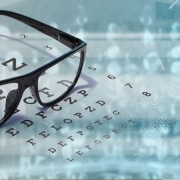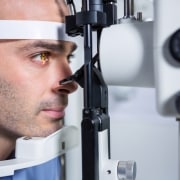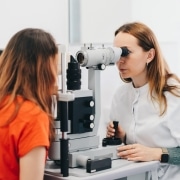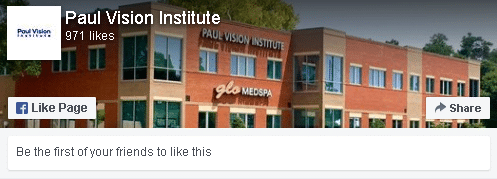Accommodations to Ask for If You Have Low Vision
Whether at work or at school, low vision can make daily tasks difficult. However, as with most disabilities, you can ask for accommodations, and your school or workplace must make a reasonable effort to provide them. The key is knowing what accommodations to ask for. At [practice_name], your eye doctor in Wilmington, NC, we have made up a list of common accommodations that can help make your everyday work more accessible for you.
Computer Accommodations
If you are working on a computer, ask for a larger monitor with a magnified display. You can also request a screen magnifying device separate from the monitor. Sometimes, keyboard orientation aids can be helpful to allow you to better navigate the keyboard. Finally, the ability to change the color and contrast of your monitor will be quite helpful as you navigate work and education with low vision. You can ask your eye doctor in Wilmington, NC, for additional ideas on how to make a computer more accessible.
Accommodations for Printed Items
It is a fair accommodation to ask for large print when printed items are a requirement. If you can’t get a large print copy, then ask for a magnification tool or a magnified display of the hardcopy material. Similarly, if your location uses a copy machine, ask for one that offers an enlarging feature.
Facility Accommodations
Low vision doesn’t just affect your ability to work with paper or computer-based items. It can also make it harder to navigate the building and outdoor walkways. A reasonable accommodation to ask for is proper lighting or marking of walkways. A visual assisting chime feature can also be helpful if your facility has elevators.
As you consider the accommodations you need to be successful, don’t forget to talk to [practice_name]. Our team can help you understand the right tools to help you excel in spite of your visual challenges.





